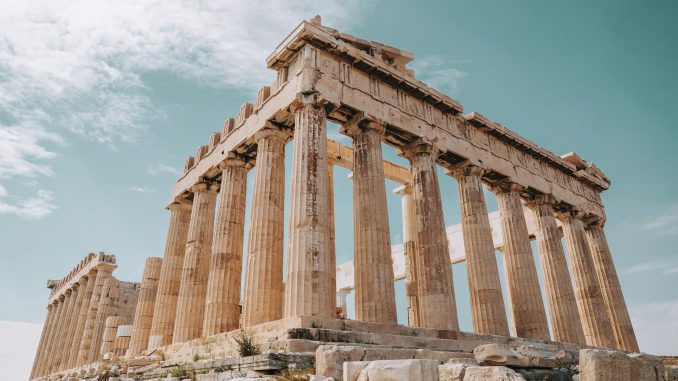
History is the tapestry of human experience woven from the threads of past events, civilizations, and the lives of significant historical figures. It is a multifaceted discipline that delves into the narratives, triumphs, struggles, and legacies of societies across time.
One of the fundamental aspects of history is the study of past events. This includes major turning points such as wars, revolutions, and treaties that have shaped the course of nations and the world. For instance, the World Wars of the 20th century not only altered geopolitical landscapes but also influenced social, economic, and cultural developments on a global scale.
Civilizations form another cornerstone of historical inquiry. From ancient Mesopotamia and Egypt to the Roman Empire and the Renaissance in Europe, civilizations represent the pinnacle of human achievement in art, science, governance, and cultural expression. Understanding their rise, flourishing, and eventual decline provides insights into human resilience, innovation, and the complexities of societal structures.
Significant historical figures are like guiding stars in the firmament of history, illuminating paths with their actions, ideas, and legacies. Leaders like Julius Caesar, Cleopatra, Mahatma Gandhi, and Martin Luther King Jr. left indelible marks on history through their courage, vision, and impact on social and political movements. Artists, scientists, and thinkers such as Leonardo da Vinci, Marie Curie, and Albert Einstein reshaped the world through their creativity, discoveries, and intellectual contributions.
History not only chronicles events and civilizations but also serves as a mirror reflecting the diversity of human experiences. It explores the complexities of human interactions, conflicts, cooperation, and the evolution of societies over time. By studying history, we gain perspective on the successes and failures of the past, learn valuable lessons, and appreciate the interconnectedness of global narratives.
Moreover, history fosters critical thinking, empathy, and a sense of identity rooted in collective heritage. It encourages us to question assumptions, examine multiple perspectives, and engage in informed discourse about the complexities of the human journey through time.
In essence, history is not just a recounting of the past; it is a living tapestry that informs our present, shapes our future, and invites us to explore the rich tapestry of human existence.
Leave a Reply